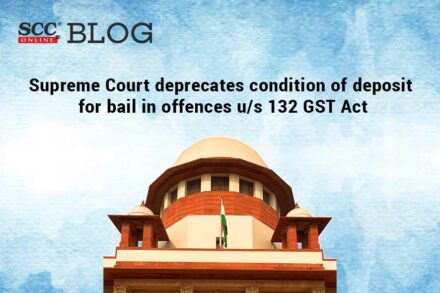
Supreme Court deprecates condition of deposit for bail in offences u/s 132 GST Act
The Supreme Court said that onerous condition requiring deposit of Rs. 2 crores cannot be imposed for bail.

The Supreme Court said that onerous condition requiring deposit of Rs. 2 crores cannot be imposed for bail.
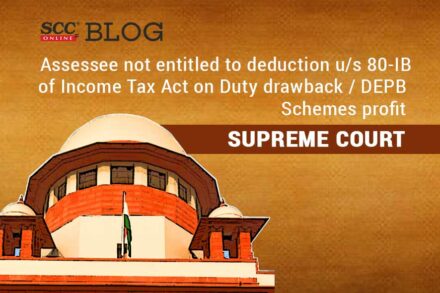
The Supreme Court affirmed the order passed by the High Court stating that the respondent assessee was neither entitled to the deductions nor profit earned under Section 80-IB on the amount of DEPB as well as Duty Drawback Scheme.
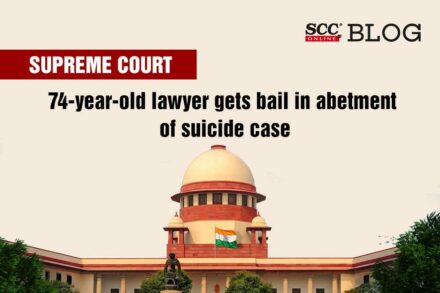
In the case at hand, a man had shot himself dead following a monetary dispute with the 74-year-old Advocate’s sone and two others.
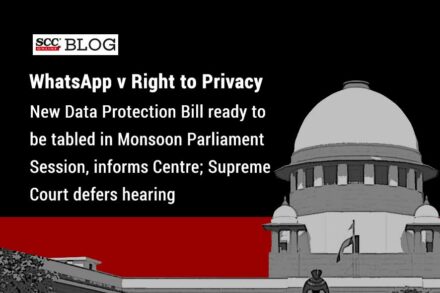
The issue before the Supreme Court pertains to the question whether WhatsApp’s privacy policy which was introduced in January 2021 is in violation of right to privacy under Article 21 of the Constitution of India.
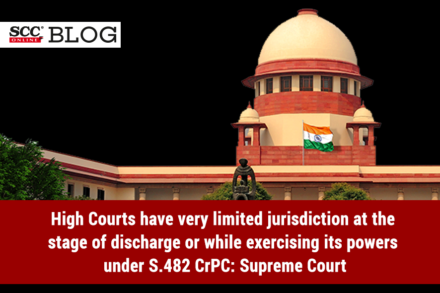
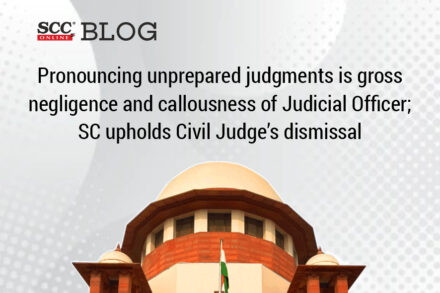
The Supreme Court upheld the penalty of dismissal of Civil Judge and said that providing an unprepared judgment, fait accompli, is completely unacceptable and unbecoming of a Judicial Officer.
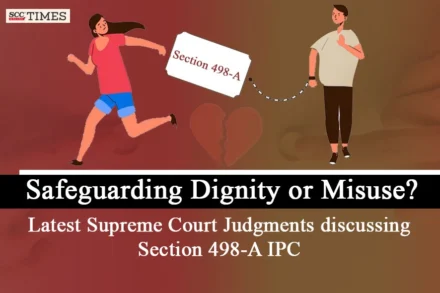
Supreme Court continues to shape the interpretation and application of Section 498-A IPC, balancing the need to protect women from cruelty and dowry harassment with concerns over potential misuse. Recent rulings provide significant clarity on the scope and limitations of this provision, reaffirming its importance while addressing safeguards to prevent abuse.
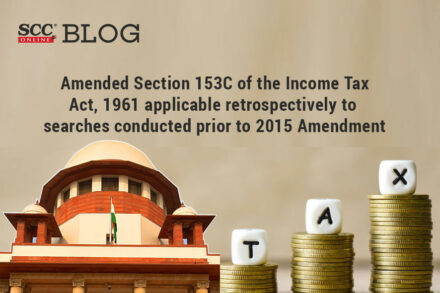
The amendment in Section 153-C of the Income Tax, 1961 was brought and the words “belongs or belong to” were substituted by the words “pertains or pertain to” after a ruling by Delhi High Court in Pepsico India Holdings Private Limited v. ACIT, 2014 SCC OnLine Del 4155.
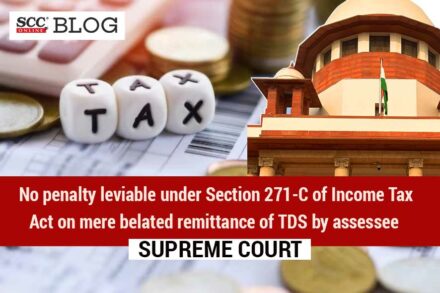
The Supreme Court observed that the consequences on nonpayment or belated remittance of the TDS would be under Section 201(1A) and Section 276-B of Income Tax Act, 1961.
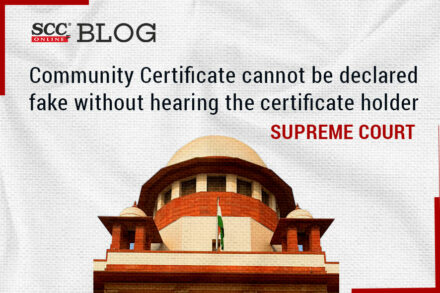
In the case at hand, as the right to be heard was denied to the community certificate holder, the burden of proof to disprove the nature of the certificate, had not been discharged. Hence, the Supreme Court presumed the community certificate to be genuine.
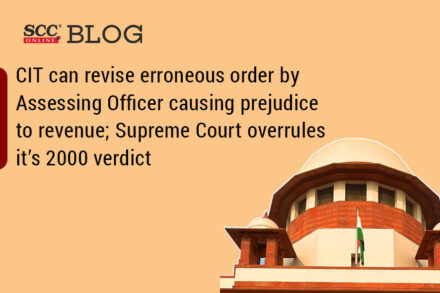
The Supreme Court stated that the erroneous assessment order had resulted in loss of the Revenue in the form of tax. Thus, the High Court had committed a very serious error in setting aside the order passed by the Commissioner passed in exercise of powers under Section 263 of the Income Tax Act.
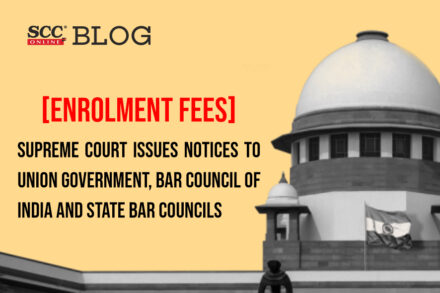
Supreme Court will be examining the validity of exorbitant enrolment fees charged by State Bar Councils
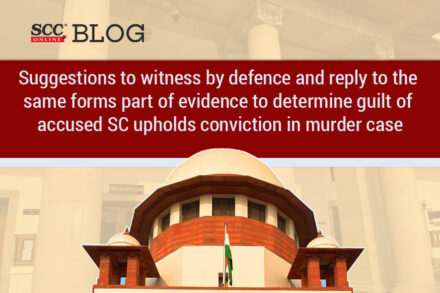
Supreme Court was quick to clarify that if prosecution was unable to prove its case on its own legs, then it won’t be able to derive advantage from the weakness of the defence and the Court would not be able to convict the accused on the strength of the evidence in the form of reply to the suggestions made by the defence counsel to a witness.
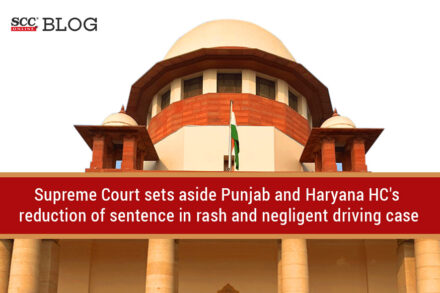
Supreme Court said that the High Court did not properly consider the instant case of rash and negligent driving, and that the principle aim and object of IPC is to punish offenders.
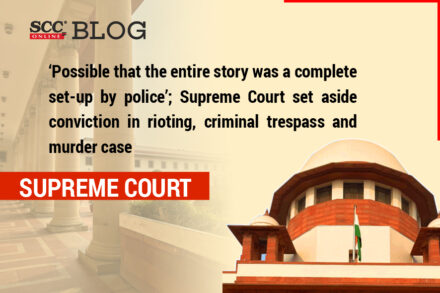
The Supreme Court doubted the prosecution’s story due to various lacunas existing in it, the manner in which the investigation was conducted and the material inconsistency in the statements of the eyewitnesses.
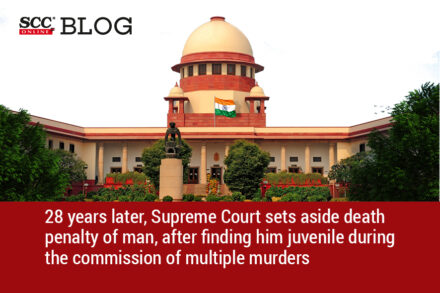
Supreme Court said that the degree or dimension of the offence should not be the direct approach of the Court in its inquiry into juvenility of an accused or convict.
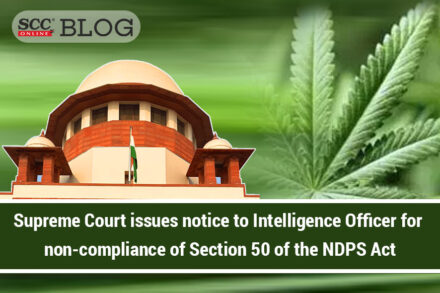
The petitioner relied upon S.K. Raju v. State of West Bengal, (2018) 9 SCC 708 which had observed that wherever the search of a person takes place, the requirement of mandatory compliance of Section 50 of NDPS was attracted, irrespective of whether the contraband was recovered from the body of the person or not.
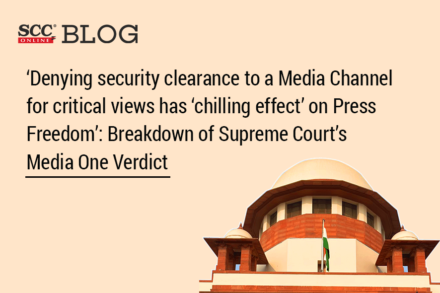
The Supreme Court held that the critical views of the Media One News Channel on Government policies cannot be termed ‘anti-establishment’ as the use of such a terminology in itself, represents an expectation that the press must support the establishment.
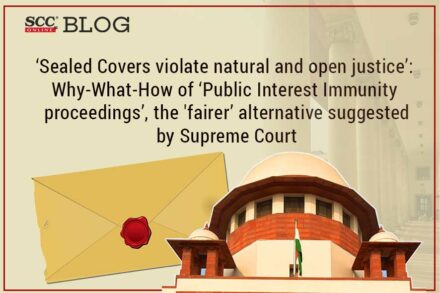
Observing that the sealed cover procedure violates both principles of natural justice and open justice, the Supreme Court has held that the public interest immunity proceeding is a less restrictive means to deal with non-disclosure on the grounds of public interest and confidentiality.
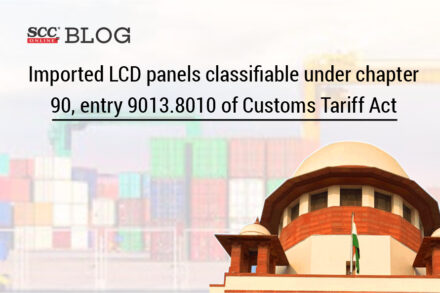
“It is necessary to refer to ‘general rules of interpretation’ of first schedule of Customs Tariff Act, 1975 for the purpose of relevant classification of the goods under CTA.